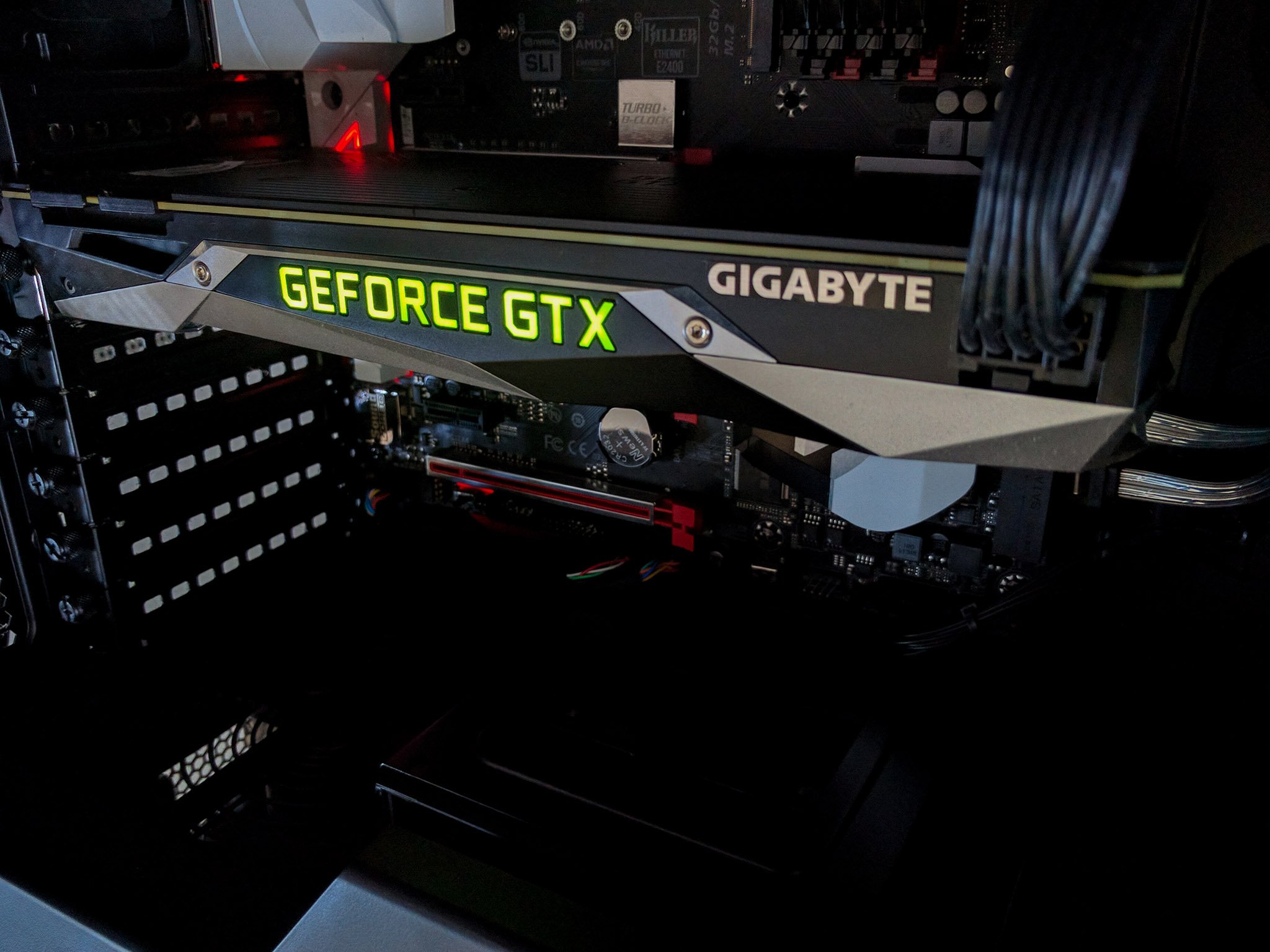Folding@Home now battling coronavirus with combined power of more than world's seven most powerful supercomputers
Folding@Home is battling coronavirus with combined processing power more powerful than the world's most powerful supercomputer.

All the latest news, reviews, and guides for Windows and Xbox diehards.
You are now subscribed
Your newsletter sign-up was successful
What you need to know
- Folding@Home's combined processing power is more powerful than the world's top seven supercomputers put together.
- Folding@Home's combined processing power is also more powerful than the most powerful individual supercomputer.
- Folding@Home is using this combined processing power to combat the coronavirus.
PC owners from around the world banded together to combine their PC processing power to battle the coronavirus (COVID-19). This is done through a program called Folding@Home, which asks people to donate their unused PC processing power. Now, the combined processing power of Folding@Home is more powerful than the world's most powerful supercomputer and the seven most powerful supercomputers put together. Folding@Home shared details about its progress in an AMA on Reddit recently.
As reported by Tom's Hardware, Folding@Home's network of computers have a combined processing power of 470 PetaFLOPS. This combined processing power has been put to use by calculating movements and shapes of proteins related to coronavirus.
Greg Bowman, the director of Folding@Home, shared some of the results of the joint effort on Twitter.
As promised, here is our first glimpse of the #COVID19 spike protein (aka the demogorgon) in action, courtesy of @foldingathome . More to come! pic.twitter.com/iD2crCMHcXAs promised, here is our first glimpse of the #COVID19 spike protein (aka the demogorgon) in action, courtesy of @foldingathome . More to come! pic.twitter.com/iD2crCMHcX— Greg Bowman (@drGregBowman) March 16, 2020March 16, 2020
The video shown off in Bowman's tweet is the "first glimpse" of the spike protein that allows coronavirus to bind to a human's ACE2 receptor. The movement in that video is key, because scientists need to model wiggles and folds of the spike protein, not a stagnant model. That process takes a lot of computational power. Folding@Home explained the process in a recent post:
Proteins are not stagnant—they wiggle and fold and unfold to take on numerous shapes. We need to study not only one shape of the viral spike protein but all the ways the protein wiggles and folds into alternative shapes in order to best understand how it interacts with the ACE2 receptor, so that an antibody can be designed.
Folding@Home has seen a massive increase in contributors since the start of the coronavirus outbreak. The company has seen a 1,200 percent increase in contributors and over 400,000 new volunteers in the last two weeks.
Folding@Home is one of many organizations working together to solve issues related to coronavirus. The joint donations of users from around the world is what makes Folding@Home's efforts possible. If you want to donate your PC's processing power, you can download the Foldling@Home app. Be aware that using the app will use more electricity as your PC will run more frequently. You can adjust power settings in the app's settings.
All the latest news, reviews, and guides for Windows and Xbox diehards.

Sean Endicott is a news writer and apps editor for Windows Central with 11+ years of experience. A Nottingham Trent journalism graduate, Sean has covered the industry’s arc from the Lumia era to the launch of Windows 11 and generative AI. Having started at Thrifter, he uses his expertise in price tracking to help readers find genuine hardware value.
Beyond tech news, Sean is a UK sports media pioneer. In 2017, he became one of the first to stream via smartphone and is an expert in AP Capture systems. A tech-forward coach, he was named 2024 BAFA Youth Coach of the Year. He is focused on using technology—from AI to Clipchamp—to gain a practical edge.
